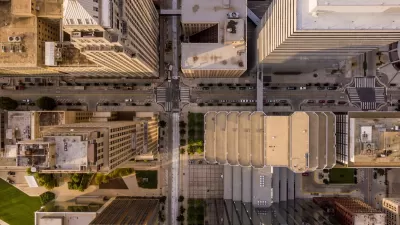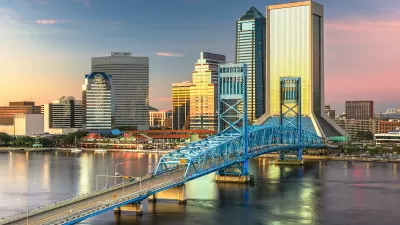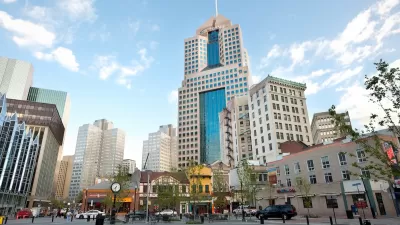Lowering speed limits by just 10 miles per hour can have a major impact on traffic safety.

Chicago could lower speed limits on most city streets from 30 miles per hour to 25 miles per hour if a proposal by Alderperson Daniel La Spata is passed by the full city council. According to an article by NBC Chicago, “City Council members cited statistics that pedestrians have a 90% chance of surviving being struck by a vehicle traveling 20 miles per hour, compared to a 60% chance if they’re struck by a vehicle traveling 30 miles per hour.”
According to the article, “Members of the City Council cited studies showing that reductions in speed limits in other cities, including New York and Seattle, helped to reduce traffic crashes and fatalities after they were passed.”
The effort is part of the city’s Vision Zero plan to eliminate traffic deaths and follows other cities that have reduced speed limits, which limits the chance of serious injury or death during car-pedestrian collisions. In Seattle, where a similar law was passed, there was a 17 percent drop in the chance of an injury crash in the central city, while in New York City a reduced speed limit led to a 39 percent reduction in crashes.
FULL STORY: Proposal to reduce Chicago's speed limits takes step forward

Study: Maui’s Plan to Convert Vacation Rentals to Long-Term Housing Could Cause Nearly $1 Billion Economic Loss
The plan would reduce visitor accommodation by 25,% resulting in 1,900 jobs lost.

North Texas Transit Leaders Tout Benefits of TOD for Growing Region
At a summit focused on transit-oriented development, policymakers discussed how North Texas’ expanded light rail system can serve as a tool for economic growth.

Using Old Oil and Gas Wells for Green Energy Storage
Penn State researchers have found that repurposing abandoned oil and gas wells for geothermal-assisted compressed-air energy storage can boost efficiency, reduce environmental risks, and support clean energy and job transitions.

Private Donations Propel Early Restoration of Palisades Playground
Los Angeles has secured over $1.3 million in private funding to restore the Pacific Palisades playground months ahead of schedule, creating a modern, accessible space that supports community healing after recent wildfires.

From Blight to Benefit: Early Results From California’s Equitable Cleanup Program
The Equitable Community Revitalization Grant (ECRG) program is reshaping brownfield redevelopment by prioritizing projects in low-income and environmental justice communities, emphasizing equity, transparency, and community benefits.

Planting Relief: Tackling Las Vegas Heat One Tree at a Time
Nevada Plants, a Las Vegas-based nonprofit, is combating the city’s extreme urban heat by giving away trees to residents in underserved neighborhoods, promoting shade, sustainability, and community health.
Urban Design for Planners 1: Software Tools
This six-course series explores essential urban design concepts using open source software and equips planners with the tools they need to participate fully in the urban design process.
Planning for Universal Design
Learn the tools for implementing Universal Design in planning regulations.
Ascent Environmental
Borough of Carlisle
Institute for Housing and Urban Development Studies (IHS)
City of Grandview
Harvard GSD Executive Education
Toledo-Lucas County Plan Commissions
Salt Lake City
NYU Wagner Graduate School of Public Service





























